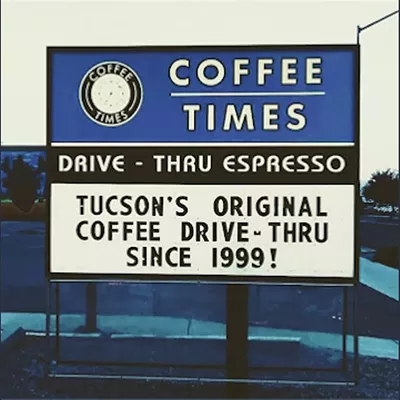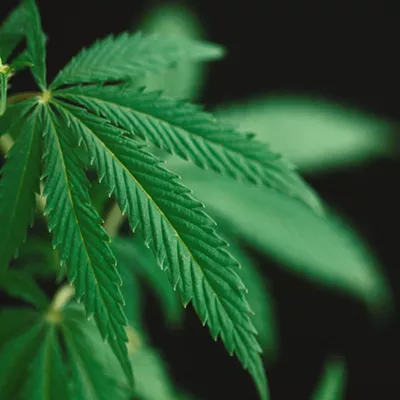The Arizona Supreme Court decided to hear the case of State v. Jones, in which the Court of Appeals ruled cannabis concentrates illegal last June. The date has been set for March 21, but a decision will come likely months following the trial.
Though the general expectation within the industry was that the Supreme Court would hear the case, K.I.N.D. Concentrates and LevelUp Dispensaries owner Mike Colburn said the court only agrees to hear 1-2 percent of cases that appeal (and criminal cases have an even lower percentage).
The appellate court's ruling took the industry by surprise June 26, effectively rendering concentrates and edibles made with concentrates (which make up a significant amount of dispensary sales) illegal.
It didn't take long for dispensaries to release statements condemning the ruling and asserting their legal right to sell concentrate products. Since then, it seems the case against concentrates has been falling apart.
The Arizona Dispensaries Association stepped in to help fund a lawyer for the defendant, Rodney Jones; file an amicus brief offering their own legal input on the case; and set up a patient defense fund to help other potential defendants.
Alex Lane, owner of Cave Creek Dispensary and a DUI and injury lawyer, immediately went to work reviewing past legal documents and Supreme Court cases involving the 2010 Arizona Medical Marijuana Act to form his own argument.
He submitted a petition to intervene along with a signed confession that he was now a "narcotics dealer," which the Court of Appeals promptly ignored (in record time).
Then, Lane sent a summary of a dozen legal arguments in favor of Jones to Attorney General Mark Brnovich and every county attorney in the state. It didn't take long until Brnovich stepped down from the case and relegated prosecution to Yavapai County Attorney Sheila Polk.
Polk brought the case against Jones originally in Yavapai County in 2015. Many have surmised that due to his minority status and lack of financial security, Jones was an ideal target for Polk to incarcerate. After all, isn't that what prohibition is for?
Jones spent two-and-a-half years in prison.
But Lane is convinced Polk didn't present the grand jury that indicted Jones with all the information pertinent to the case, hence his letter.
Though the effect of the letter is uncertain, since Lane doesn't represent Jones or any client under similar charges, the Arizona Attorneys for Criminal Justice recently awarded him its 2019 Presidential Commendation specifically citing his actions in Jones.
So evidently, one of the state's legal associations, consisting of multiple lawyers, found Lane's arguments so compelling that they awarded him their highest honor.
He's also now chair of the ADA legal committee, a position previously held by Colburn.
The case hasn't been heard yet, but the signs don't look good for Polk.
One of Lane's arguments, corroborated by Colburn, was that the Supreme Court has applied a "broad" legal interpretation in seven out of seven cases concerning AMMA.
Based on their own methodology handling these kinds of cases in the past, they'd contradict themselves if they ruled against Jones.
With dwindling support and a case stacked against her, it seems like the only thing Polk will accomplish in this debacle is putting an innocent man in prison for two-and-a-half years.







